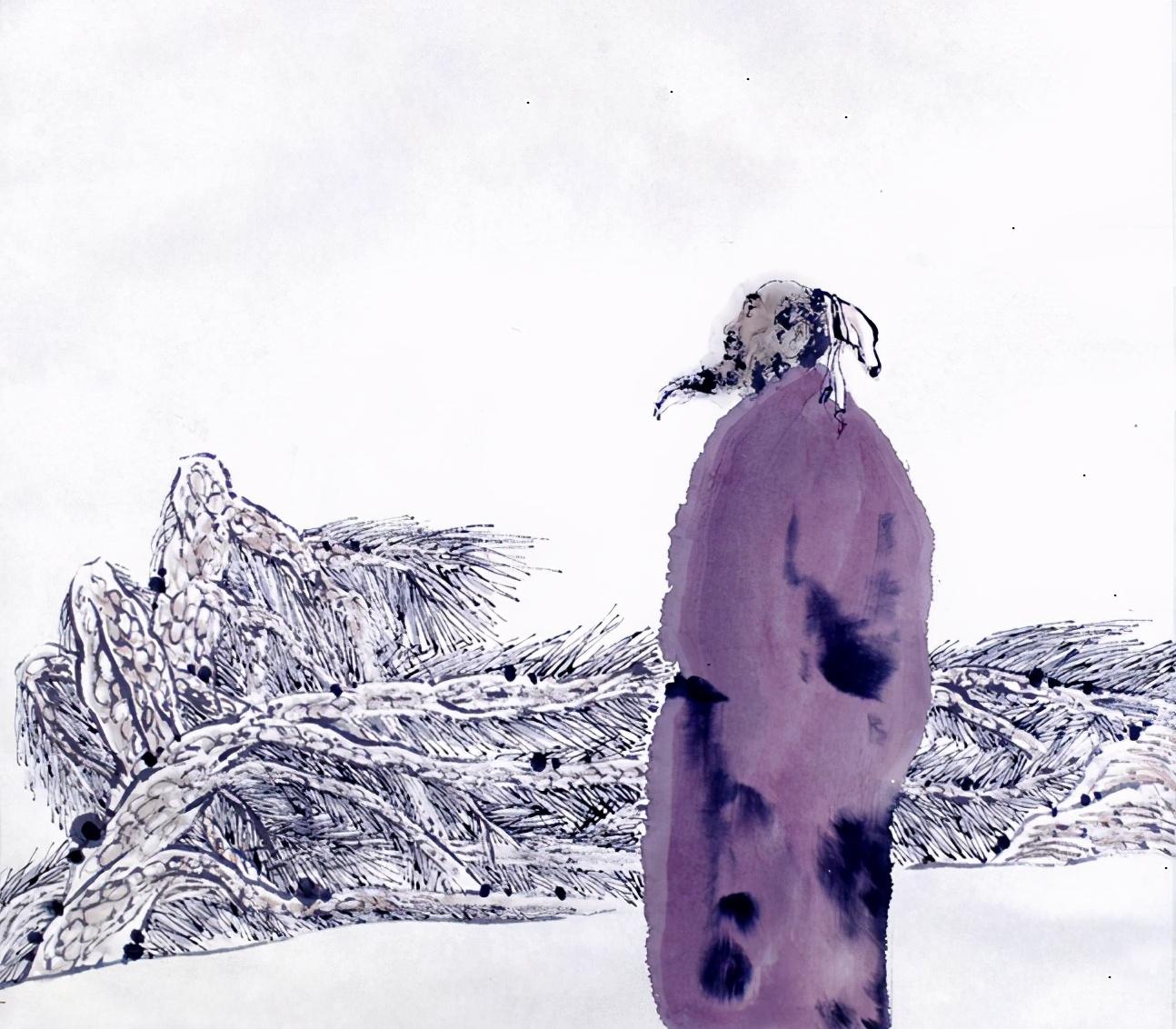Do you like these ten poems of Du Xunhe? Radio
0 people 0% liked
0 people 0% general vote
In the late Tang Dynasty, there was also a poet surnamed "Du", who was the leading figure in the late Tang Dynasty realist poets of the Late Tang Dynasty, and this poet was Du Xunhe. His origins are mysterious, and he is said to be the son of a great poet surnamed "Du". He took poetry as his profession, calling himself "difficult to teach for a day without chanting poetry", and his poetic language is popular and natural, fresh and elegant, and there are many aphorisms. Today, we will enjoy Du Xunhe's ten poems together and feel the richness of this realist poet's words.

There is also a legendary story about Du Xunhe's life. It is said that Du Xunhe was born to the concubine of the great poet Du Mu, but because Du Muzheng's wife held a grudge, he expelled the pregnant concubine from the family, and then transferred du Yun and gave birth to Du Xunhe. However, his early life was somewhat unfortunate, and his family was poor, but Du Xunhe was talented and talented, and when he grew up, he decided to take the road of career. Although he has extraordinary ambitions and a grand dream of serving the country, he is tricked by fate and has failed to pass the exam many times. But he persevered, from youth to middle age, adhering to the ideal of career.
Although he was famous for many times, Du Xunhe found a shortcut to obtain a meritorious name. He began to meet Zhu Wen, and after some communication, Du Xunhe was recommended by Zhu Wen, and as a result, in the following year, Du Xunhe, who was already over forty-five years old, was admitted as the eighth in the jinshi. Through this matter, you can summarize a truth, do not take the face too seriously, if you want to quickly get into position, properly put down your body, find a backer to make half the effort, Du Xunhe's emotional intelligence is still very high.
Du Xunhe devoted his life to poetry, and there are more than 320 surviving poems, all of which are near-body poems, and there are more than 140 poems of the Seven Laws of Speech, the largest number of which is poems describing mountain life and the silent realm. The language of poetry is easy to understand, not sculpted, not exaggerated, and the most natural state is expressed in the most natural form. His poems rarely use allusions, and the content is not obscure and directly expresses his own opinions. He not only inherited the poetic tradition of Du Fu and Bai Juyi's realism, but also sought innovation in poetry creation. On the other hand, Du Xunhe's poetry corrected the poetic style of the time, which had a great influence on poetic satire and played a crucial role in the development of poetry in the early Song Dynasty.
The content of the poems is very extensive, ranging from persistent and rushing to the gurudwara, long-standing sadness, implicit philosophical irony, and so on. The highest achievement of poetry is the work of sympathy for the suffering of the people, which belongs to the Zhang family. In the late Tang Dynasty, due to frequent wars and the hardships of the people's lives, Du Xunhe traveled in many ways and saw the difficulties of the people's survival and the difficulty of life, and he had many poems showing the current situation of the people's lives at the bottom of the war, and reading his poems could truly restore the life scenes at that time. In addition, due to his inability to win the first place, Du Xunhe wrote a lot of expressions of his desire for ideals and dissatisfaction with the current situation.
It is worth mentioning that Du Xunhe has written many poems that reveal the opposition between rich and poor, showing two completely different states of life. Biansai Shi Du Xunhe also dabbled in the field, showing sympathy for participating in the war far away from home. There are also short and pithy sad secular poems, the first capital is a masterpiece, which can reflect Du Xunhe's talent and the artistic value of the work.
It is said that five days after the fall of the Tang Dynasty, Du Xunhe also died, and his poetry is the last afterglow of Tang poetry. Today, we will enjoy Du Xunhe's ten poems together, experience his popular and natural, fresh and elegant poems, I believe that you will like it after reading it.